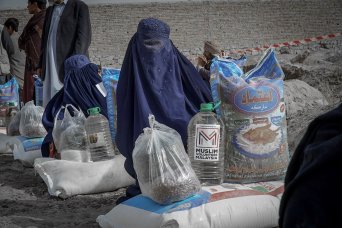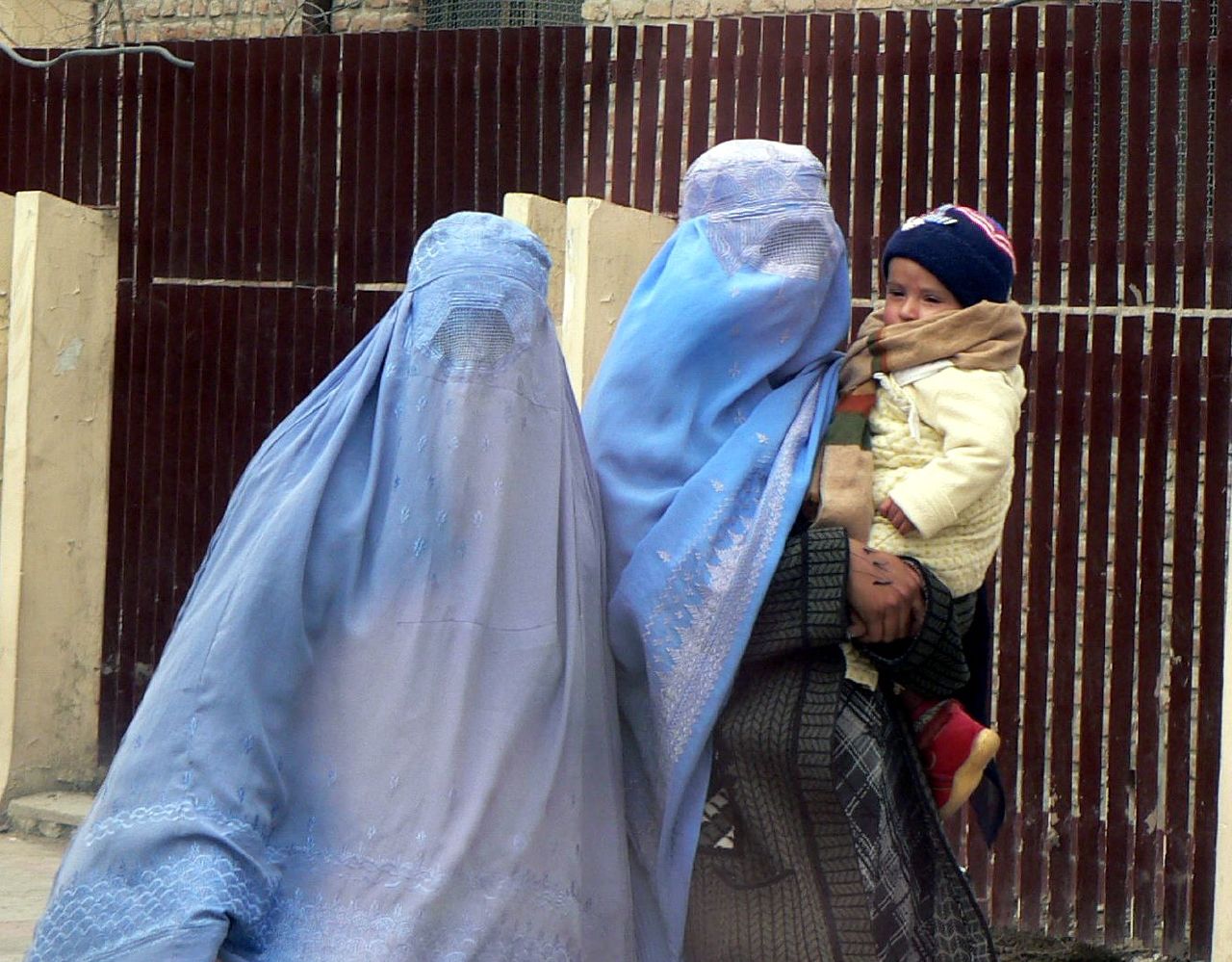- About
- Topics
- Picks
- Audio
- Story
- In-Depth
- Opinion
- News
- Donate
- Signup for our newsletterOur Editors' Best Picks.Send
Read, Debate: Engage.
| topic: | Humanitarian Aid |
|---|---|
| located: | Afghanistan |
| editor: | Shadi Khan Saif |
The ongoing humanitarian crisis in Afghanistan has garnered significant international attention due to the UN's recent report and meeting commenting on the humanitarian crisis unfolding in the country. However, the response from global stakeholders has thus far been limited to reiterating their established geopolitical positions, offering little hope for tangible relief efforts.
In her briefing, Roza Otunbayeva, the Secretary-General’s Special Representative for Afghanistan, told the UN Security Council about the Taliban’s brutal regime, particularly about their oppression of women and girls. “I am blunt about the obstacles [the Taliban] have created for themselves by the decrees and restrictions they have enacted, in particular against women and girls,” she said in reference to the international denial of recognition for the Taliban’s regime.
Shutting schools and universities for girls for over a year now, the Taliban has gradually restricted the scope and space for Afghan women to receive education or to work in the public or private sectors.
Since grabbing power in August 2021, the Taliban-run government in Afghanistan has not been recognised by any country in the world and the country’s banking system remains subject to international sanctions.
Much of the international aid that was providing a lifeline to the country and its people has dried up, contributing to this crippling humanitarian crisis.
In her remarks, the UN envoy urged the global community to do more to ensure the future stability of the Afghan economy in a way that directly improves the lives of Afghans. "This is particularly important in light of a likely significant decline in funding for the humanitarian response this year,” she said.
At this important meeting, global powers, including the US, China and Russia reaffirmed their stances that generally reflected geostrategic positioning rather than taking into consideration the urgency of the crisis or reaching a humane solution.
Reports indicate that the humanitarian community has been proposing for a while to recognise the Taliban’s rule as a de facto authority so that urgent rescue and relief operations can be expedited amid the worsening situation. But the negotiations at this meeting did not permit this breakthrough.
The US has been pointing fingers at the Taliban for the deteriorating humanitarian situation in Afghanistan while pledging to continue providing assistance. Russia and China hold the West responsible for the miserable state affairs in Afghanistan where fundamental human rights under the Taliban are snatched and hunger and diseases are spreading.
The Taliban, as usual, has discarded the UN meeting for being “biased and part of a systematic enmity” towards them.
In her remarks, the UN envoy also acknowledged that the Taliban is generating a good amount of domestic revenue and has cut corruption and poppy cultivation. This indicates the group has ample funds to sustain itself without being bothered to deliver services, which means the policy of sanctions and isolation has failed to financially weaken its members, and has instead only impaired the citizens of Afghanistan.

